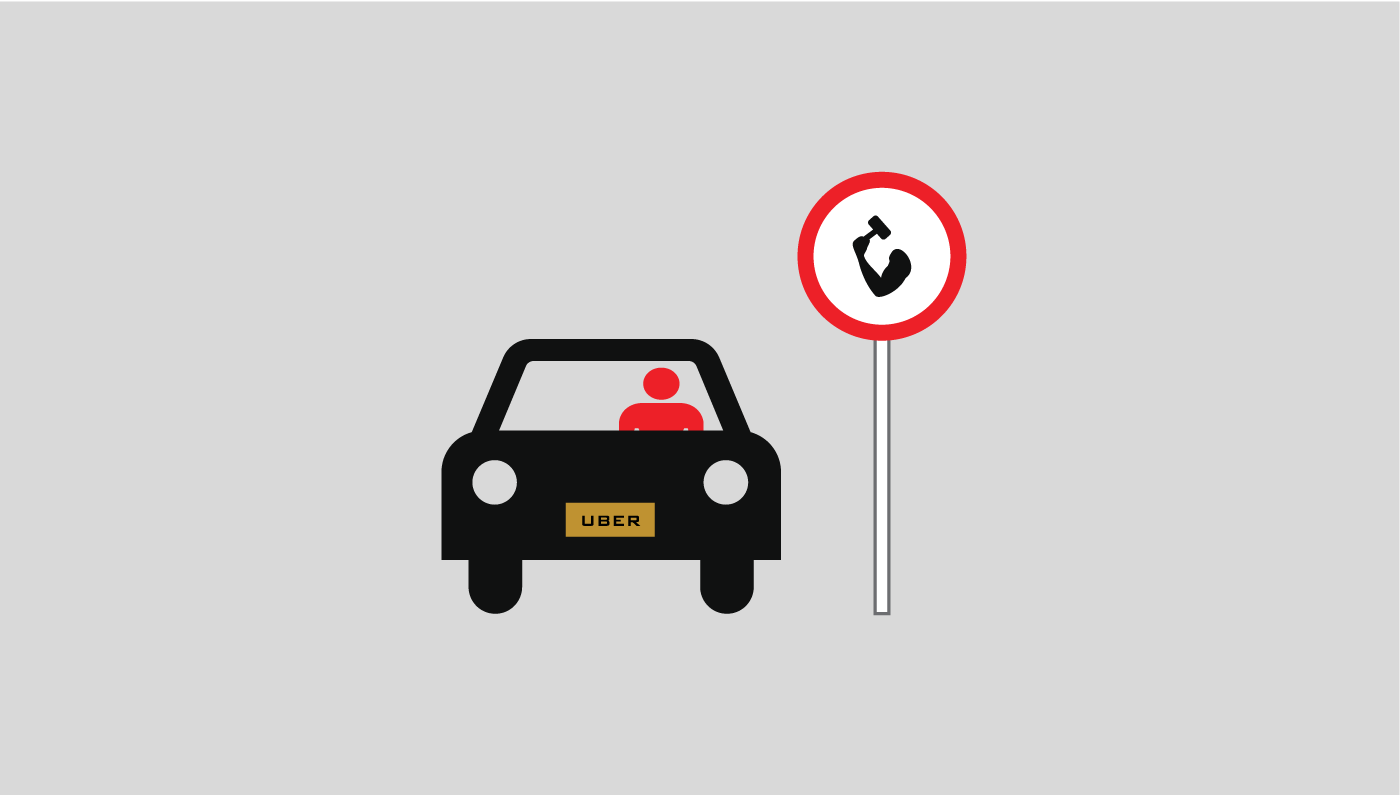Look in the back of refrigerators across America and you’ll see a little, half-opened orange box.
Chances are it’s Arm and Hammer brand baking soda, which cooks throughout the country use to improve their baked goods, clean their counters, and yes, deodorize their refrigerators. The familiar orange box and its trademark “arm with hammer” logo are an American staple.
Now take a visit to your local pharmacy, corner store, or bodega. You’ll see that distinctive logo and orange color scheme emblazoned across a range of products.
What Arm and Hammer—and parent company Church & Dwight—have done is capitalize on a brand associated with making things fresh, clean, and white. Beginning with baking soda, the company has branched out to a constellation of related products, including deodorant, toothpaste, and even kitty litter.
Arm and Hammer isn’t the only company to identify what it’s good at and then capitalize on that association. We’ve analyzed Amazon’s purchasing practices and seen how the e-commerce giant is slowly creating an empire of on-demand commerce, for example.
But there are other companies that are cementing their core competencies right now. You might even be reading this while riding in a service provided by just such a business.
Uber (which we previously noted helps customers avoid awkward negotiation) has, at its core, succeeded because of one central competency: it excels at logistics.
And it’s making moves to use that competency to become a logistics company that can operate successfully in every industry.
Witness, for example, the company’s new UberEATS service, which, as Wired notes, is their first foray into a non-transportation service. Launching in the service in Toronto, Uber hopes to capitalize on the same advanced logistics system that handles car pick-up requests to deliver food faster than its competitors.
It’s telling, also, that the division of Uber that’s handling the UberEATS launch is known as Uber Everything, clearly indicating that the company has plans beyond simply dominating the taxi and car hire industry.
So what lessons can other companies take away from these moves by Uber, Amazon, and Arm and Hammer?
Here are three to consider in 2016:
1. Consider the essential service that you provide your customers. It would be easy to say that Uber provides rides to customers who need them, as quickly and efficiently as possible. But that’s only a manifestation of what they really do: manage complicated logistical planning to connect riders and drivers, for example, as quickly and efficiently as possible. Uber’s not a taxi service, it’s a logistics company. What is your company’s essential service when the bells and whistles are stripped away?
2. Think about the experiences that customers associate with your brand. For customers of Arm and Hammer, their association with the brand has always been one of freshness and cleanliness, either while preparing food or cleaning up around the home. So it’s a natural extension for the company to think about other types of fresh and clean experiences, from doing laundry to changing a litter box. When customers think about your brand, what experiences do they remember? What keeps them returning to your brand over others?
3. Determine if your core strength can be applied to allied services. In the case of Amazon, the online retailer has figured out, arguably, the most successful way to sell an entire array of products on the internet. When looking for allied industries to enter, then, Amazon might ask: given that our e-commerce operations are our core strength, what else can we effectively sell online? The answer to that question has, in the past year, led them to sell both proprietary food and groceries and handcrafted artisanal products, and their interest in entering new markets continues. What associated products or services could your company consider adding to your existing mix, considering your company’s core skills?

